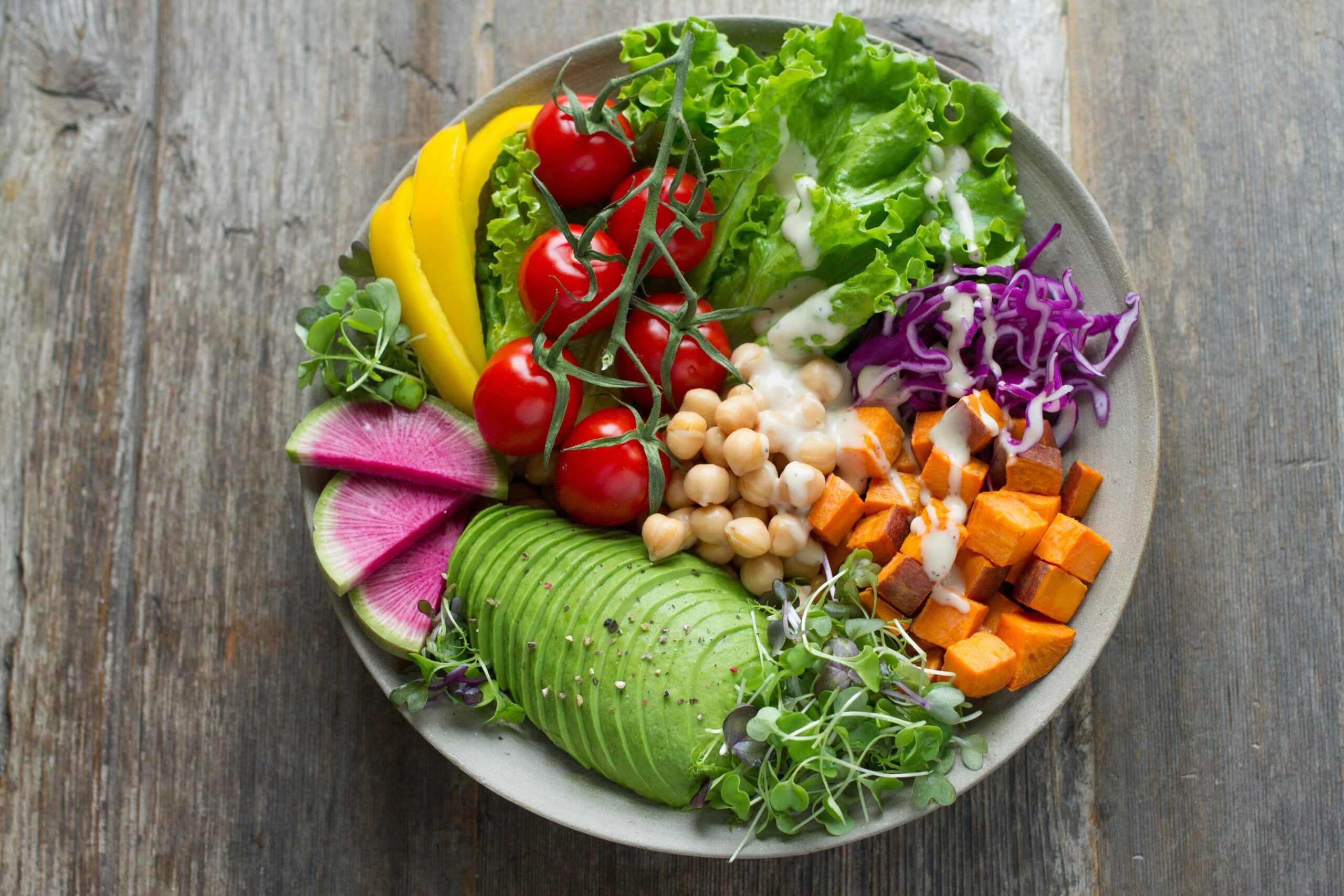

Introduction to Nutrition Myths
Nutrition myths are everywhere. They pop up in conversations, on social media, and even from trusted sources. With so much information swirling around, it’s easy to get confused about what truly contributes to a healthy lifestyle. You might find yourself wondering if fat-free foods are the key to your weight loss journey or whether skipping meals could actually help shed those extra pounds.
In this post, we’ll dive into some of the most common nutrition misconceptions that have taken root in our minds. We’ll explore why these beliefs persist and shine a light on what science really says about them. Get ready for an eye-opening ride through the world of nutrition!
Fat-Free Foods are Healthier
Many people believe that fat-free foods are the healthier choice. The idea is simple: if you cut out fat, you’re cutting calories and reducing risks associated with high-fat diets.
However, this isn’t always true. Fat plays a crucial role in our bodies. It aids in nutrient absorption and supports overall health. When manufacturers remove fat, they often replace it with sugar or artificial additives to enhance flavor.
These substitutes can lead to increased calorie intake and may even contribute to weight gain over time. Plus, some fats—like those found in avocados or nuts—are essential for a balanced diet.
Choosing whole foods instead of processed options usually leads to better nutritional choices. Always read labels carefully and prioritize ingredients over marketing claims when shopping for food items.
Skipping Meals Helps with Weight Loss
Many people believe that skipping meals can lead to weight loss. The idea is simple: eat less, lose more. However, this approach often backfires.
When you skip a meal, your body goes into survival mode. It slows down metabolism and clings to every calorie it receives later on. This can lead to overeating when hunger strikes.
Research shows that regular meals help maintain energy levels and curb cravings. Eating smaller portions throughout the day can actually aid in weight management.
Additionally, missing out on essential nutrients during skipped meals might harm overall health. Nutrient deficiencies can affect everything from mood to immunity.
Instead of cutting out meals, consider focusing on balanced nutrition and portion control for lasting results. Your body thrives on consistency and nourishment rather than deprivation.
Eating Late at Night Leads to Weight Gain
The belief that eating late at night causes weight gain is widespread, but the science tells a different story. What matters most is the total number of calories consumed throughout the day, not just when they’re eaten.
Research shows that it’s easy to overeat during late-night snacking sessions simply because of mindless munching while watching TV or scrolling through your phone. This often leads to an excess calorie intake.
However, if you’re eating balanced meals and snacks within your daily caloric needs, timing may not be as significant as once thought. Individual metabolism plays a vital role too; some people digest food differently in the evening compared to others.
It’s essential to focus on what you’re eating rather than just when you’re eating. A nutritious choice at 10 PM can still support health goals if it fits into your overall diet plan.
Detox Diets are Essential for Cleansing the Body
Detox diets have gained immense popularity in recent years. Many people believe that they are crucial for removing toxins from the body.
However, our bodies are naturally equipped to handle detoxification. The liver, kidneys, and intestines work tirelessly to eliminate waste and harmful substances without any special diet.
Cutting out entire food groups or living on juices alone can deprive your body of essential nutrients. These restrictive practices often lead to fatigue and nutrient deficiencies.
Research shows there’s little evidence supporting the need for detox diets. Instead of a quick fix, focusing on balanced nutrition is far more beneficial.
Incorporating whole foods like fruits, vegetables, lean proteins, and whole grains supports your body’s natural processes more effectively than any trendy cleanse can offer. Eating mindfully promotes overall wellness without the extremes associated with detoxing fads.
The Truth Behind These Myths According to Science
Research debunks the notion that fat-free foods are inherently healthier. Many products labeled as fat-free compensate with added sugars and artificial ingredients, which can be counterproductive to health goals.
Skipping meals is not a magic weight-loss strategy. Studies show it often leads to overeating later in the day. Consistency in meal timing supports metabolism and helps maintain energy levels.
Eating late at night doesn’t automatically result in weight gain. What matters more is your overall calorie intake throughout the day. Metabolism functions continuously, regardless of when food enters your system.
Detox diets claim to cleanse the body but lack scientific backing for effectiveness. The liver and kidneys already perform detoxification efficiently without extreme fasting or restrictive eating patterns.
Understanding these truths can empower you to make informed dietary choices based on science rather than myths.
Conclusion
Nutrition myths can be misleading and confusing. Understanding the science behind our food choices empowers us to make better decisions for our health. Myths like believing that fat-free foods are inherently healthier or that skipping meals aids weight loss can lead us astray.
Eating late at night is often blamed for weight gain, but it’s more about the total caloric intake than the timing of meals. Detox diets may sound appealing, but your body already has sophisticated systems in place to eliminate toxins.
By relying on evidence-based information rather than popular myths, we can create a balanced approach to nutrition that works best for each individual. Embracing whole foods, listening to your body’s hunger cues, and focusing on overall lifestyle changes will yield far better results in achieving lasting wellness. Stay informed and choose wisely—your body will thank you!
